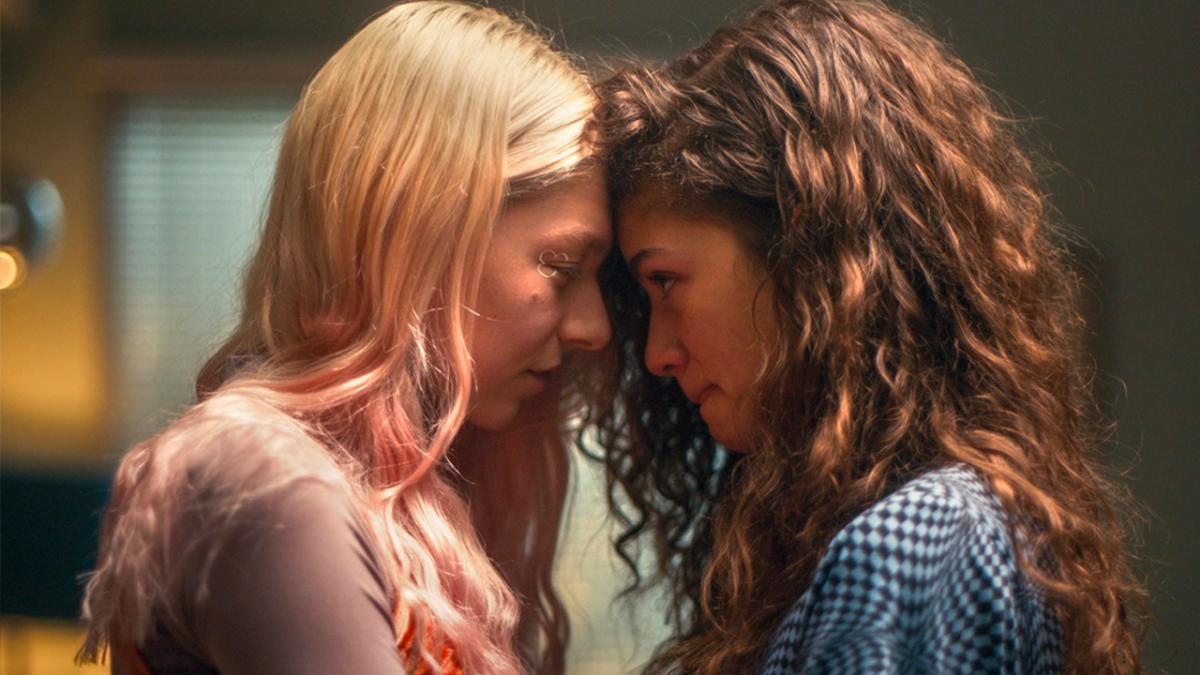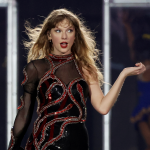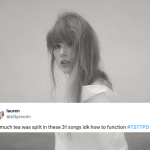
Barbie Ferriera was invisible as Kat in Euphoria‘s second season.
Kat was discovering her sexuality and body confidence as a plus-sized teen in season one. She dressed up in dominatrix gear, started a secret career as a cam girl and fell for Ethan (Austin Abrams). But in season two she feels like one of Maddie’s (Alexa Demie) nameless groupies instead of her own character.
It was disappointing to see her fall into the background when she had such an interesting arc in the original season. But it’s also raised awareness of the show’s fundamental problem: a lack of a diverse writing room.
Euphoria tackles a variety of adult themes and from characters of varied lived experiences. The show is about high school girls. Jules (Hunter Schafer) is a trans-woman. She’s in a relationship with Rue (Zendaya), who’s also depicted as queer.
And yet all 18 episodes were written by Sam Levinson, a heterosexual, cisgender, white man. Just three episodes were directed by other people. HBO confirmed to The New York Times that it does not have a writers’ room.
According to alleged tea shared by the Fluently Forward podcast, the Euphoria team wanted Kat to develop an eating disorder this season. She was allegedly supposed to deal with “a bunch of extreme self-hate” and almost die from the eating disorder.
Ferriera didn’t want to do it because she felt it was a bad example for young people and preferred how empowering her storyline was last season. Her lines were allegedly cut from the season because she clashed with Levinson over the darker tone and walked off-set.
Neither party has commented on the rumour as of publishing. But our gal barely had a few lines each episode while her co-stars had some of the biggest moments in their career so far. And I’d say that the storyline wouldn’t have even been greenlit if a plus-sized person or person who has lived with an eating disorder was involved.
Rue’s storyline in season two is about the raw and suffocating experience of addiction and the toll it has on the people around you. Her arc peaks in episode six when she lashes out at her mum (Nikita King) and sister Gia (Storm Reid). The episode then follows her as she runs from her loved ones who try to help get her clean.
It’s an incredible hour of television that’s partly carried by Zendaya’s incredible performance in the episode but also by Levinson’s personal experience with substance abuse.
The creator told a crowd at the season one premiere in 2019 that he spent the majority of his teenage years in hospitals and rehab clinics. He said that when he was 16, he accepted the idea that drugs would eventually kill him and “there was no reason to fight it”.
“I would let it take me over and I had made peace with that,” he said via Variety. That feeling mirrors what Rue tells her friends and family.
A story is best told when it comes from someone’s own lived experience. The parallels between Rue and Levinson’s youth illustrate that. But it also proves that the show needs writers who’ve gone through the same experiences as and identify with the other characters.
Levinson’s never been a teenage girl and he doesn’t identify as queer, trans or nonconforming — at least publicly. For Euphoria to represent the people it attempts to, it needs a proper diverse writers’ room in season three.
PEDESTRIAN.TV’s Kathleen Farmilo feels that the show has done Jules and Rue’s relationship dirty. She argued that the Euphoria creator “put a queer relationship between two women as the emotional core of his show without having any interest in exploring their sexuality beyond his depiction of sex scenes”.
“He throws in a line about Jules “no longer being interested in men” and then has her cheat on Rue with Elliot,” she explained.
“It’s frustrating in so many ways because that first line could reflect loads of different things: that Jules is attracted to men but has complicated feelings about sleeping with men after what happened with Cal and Nate, that Jules isn’t attracted to men at all – loads of options.
“But instead, it’s a throwaway line focused on Jules’s sexuality that doesn’t give us any insight into her sexuality or lend to her character development. It’s like it’s put in there to make it more dramatic when she cheats on Rue with Elliot. Also, it’s just a really biphobic trope to have a character many people read as bi cheat on her partner.”
It sends the message that Sam Levinson is only interested in his characters’ sexuality for the titillation aspect rather than what they mean to them as characters.
“Plus the only queer characters we have in the show aside from Rue, Jules and Elliot, is Cal,” she added. “So all of the queer characters are presented as morally grey to at least some extent in a way that’s explicitly linked back to their sexuality.”
Sure you could say that none of the students from Eastland High are ‘good’ people — even Lexi (Maude Appatow) made a jab at Nate’s (Jacob Elordi) sexuality in her play. But a queer person would know how to write these characters in a way that isn’t biphobic or a disservice to the queer and trans community. They’d be telling a story that people of these communities could relate to.
Sam Levinson has created a phenomenal television experience. There’s a reason it’s the biggest show on HBO since Game of Thrones and the most tweeted about TV show in the past decade. But I just wish he handled the characters that aren’t self-inserts of his own experience better.



